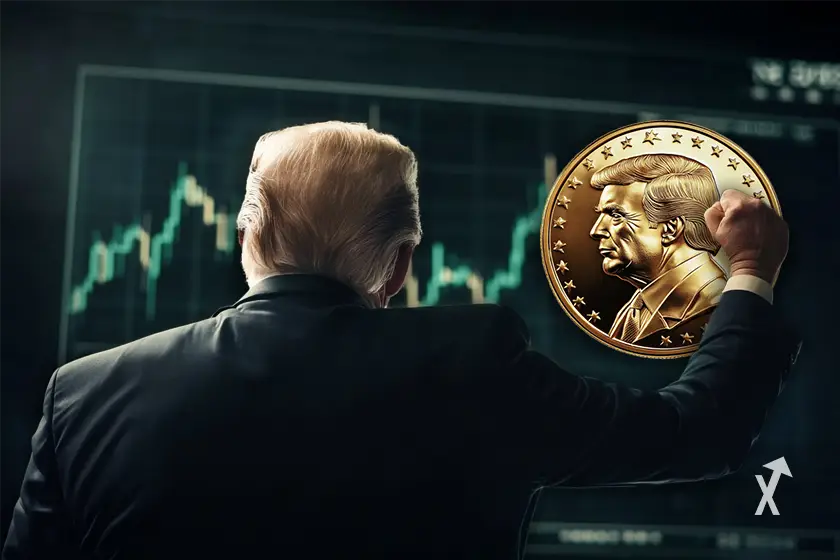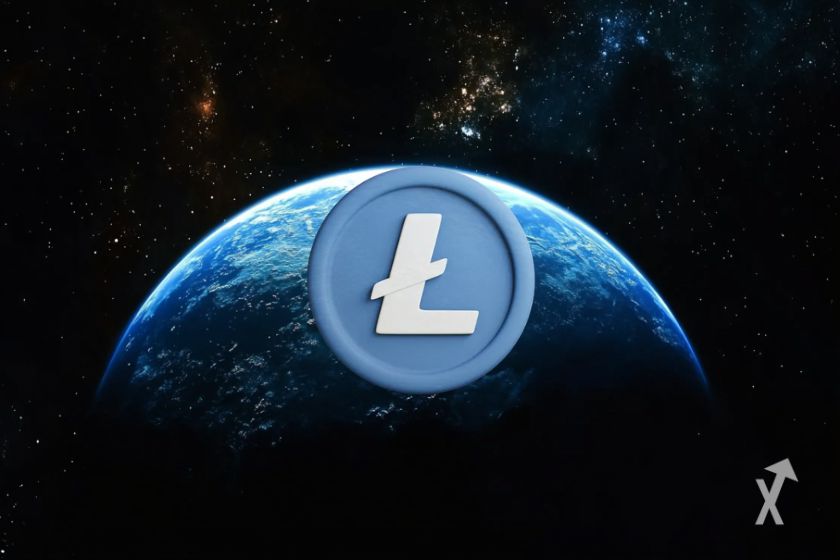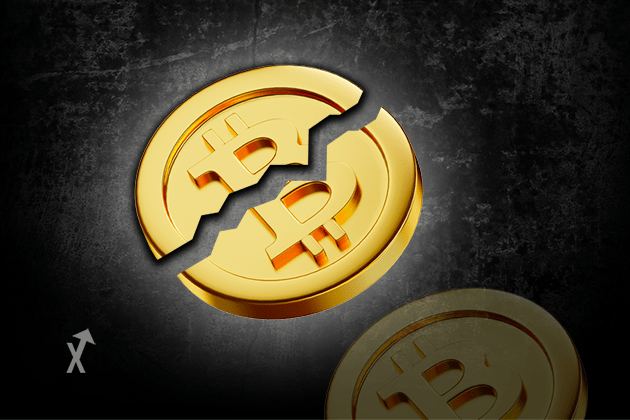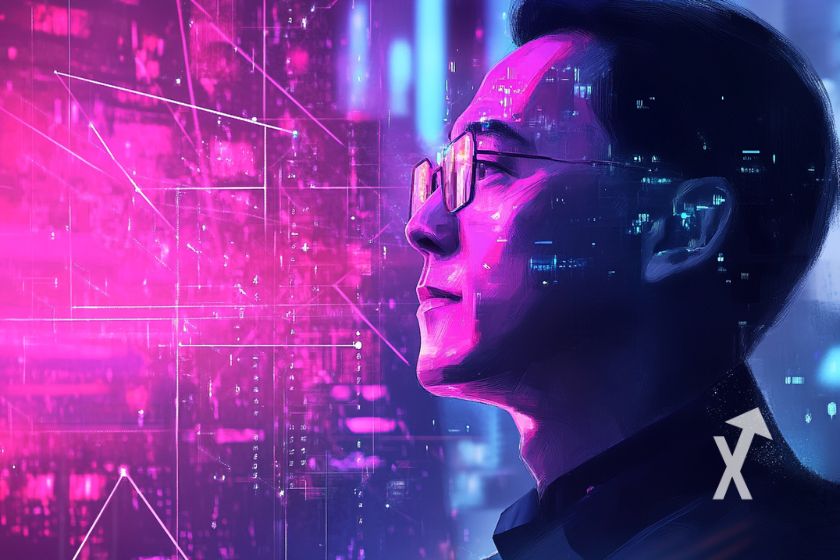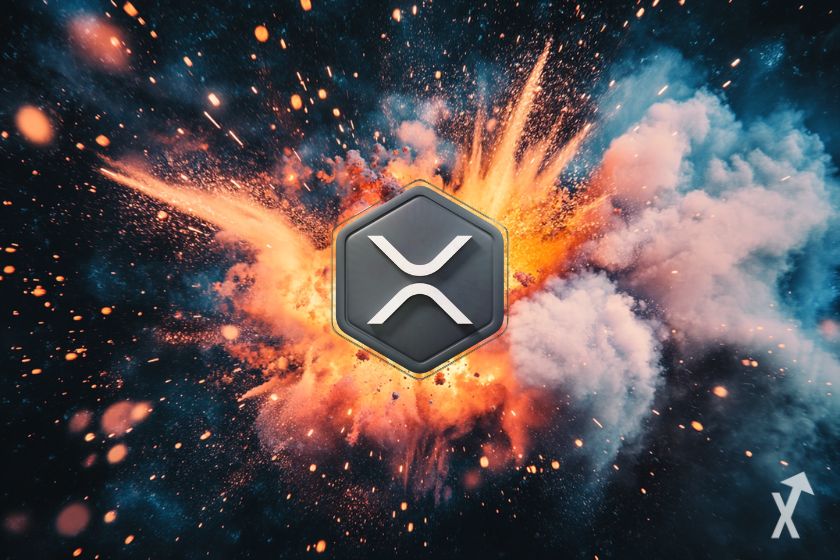What is a dApp ?
A decentralized application, more commonly known as a dApps, is a software application that operates by being replicated and distributed across the network of a blockchain, such as Ethereum.
What is the difference between a centralized application and a dApp ?
During the development of consumer computing and before the liberalization of the Internet, for a software to work. For example, the Office Suite, it had to be installed locally in the memory of his personal computer.
The emergence of the Internet in the 90’s revolutionized the way we use applications and software in our daily lives. The remote network of the web hosts applications on online servers allowing everyone to access them with a simple web connection.
With the Internet, applications are centralized on an external server. Web applications like Instagram or YouTube are managed by private companies. As a result, users’ personal data is kept opaque and exposed to malicious espionage (hacker).
This is where blockchain and decentralization comes into its own.
dApps have many advantages over traditional applications.
While a traditional application is hosted on a centralized server, a dApp is replicated and distributed across a blockchain and thus benefits from all these properties.
The advantages of decentralized applications
A decentralized application runs within a blockchain. Each node of the blockchain is handled by independent users and developers.
Distributed across a decentralized blockchain, dApps benefit from its security and resilience. Thus, the application becomes unstoppable once activated.
dApps will become an essential part of the Web 3.0 ecosystem
The dApps eliminate the need for third-party servers and are accessible from anywhere in the world at any time. This makes the program more secure and safe from censorship. Unlike traditional applications, dApps are more secure and thus likely to become a must-have in Web 3.0.
Key points of a dApp (decentralized application) :
- Open Source : the code is open to all users. Changes and updates are voted on by the users of the application
- Transparent : the application’s data are stored in the blockchain’s register. They are indestructible, unfalsifiable and can be consulted by the public
- Free and unchangeable : a DApp is always operational and does not suffer any slowdown. Once set up, it is impossible to delete or censor it
dApps : How do decentralized applications work ?
The cornerstone of a dApp is the smart contract on which it is based to execute. These are computer programs whose execution is automatic when certain conditions have been met on the blockchain that hosts them
The cornerstone of an APP is the smart contract
They allow users to display the application’s interface, or to automatically distribute tokens when certain tasks are performed in the program. Smart contracts are like keys allowing access to decentralized applications in complete security and autonomy.
Blockchains dedicated to decentralized applications
All channels with a protocol that supports smart contract scheduling are able to accommodate the deployment of a dApp on its network.
Ethereum is the decentralized open source blockchain that has become very popular due to its infinite potential to design revolutionary dApps and suitable user interfaces. It thus complements the Bitcoin project which does not allow programming additional smart contracts to the crypto dApp of its own blockchain.
The Ethereum blockchain is valued with its cryptocurrency ETH (Ether).
The dApps in operation on Web 3.0
Several sectors have undergone profound changes in their operating systems with the appearance of dApps and the evolution of the Web with its version 3.0.
These decentralized applications will impact different sectors such as :
- The financial sector
- The video game industry
- Online marketplaces
- Interactive virtual experiences
Decentralized financial applications (DeFi)
Thanks to the dApps of the decentralized finance (DeFI) sector, many services such as borrowing, lending or crowdfunding are possible with cryptos or NFTs.
Gaming creation
The creative video game sector is being enriched with multiple decentralized applications based on the Ethereum blockchain.
Facebook’s flagship project, the metaverse, is part of this ongoing evolution that opens the doors to interactive gaming experiences that merge the real and digital worlds.
Other projects like Big Time or The Sandbox offer highly developed metaverses as well.
Play to Earn
The dApps allow you to earn crypto currencies by playing games on the blockchain, the Play to Earn. This new model of video game allows to accumulate currencies linked to the game universe, digital tokens like NFT (non fungible tokens) or other types of rewards like virtual equipment. The rewards vary depending on the game, but the principle is to earn cryptos that can be sold for real money.
Metaverse is an example of digital evolution through blockchain.
Decentralized marketplaces
Marketplaces have been deployed on different blockchains capable of handling dApps. Applications such as OpenSea allow the buying and selling of NFTs, but there are markets that rent computing power (cloud computing).
We can mention iExec or Akash for the most famous ones.
What can dApps do in concrete terms ?
The dApps are in the early stages of development and offer a gigantic field of possibilities. Applications are being developed to buy concert tickets directly from the artists or to access medical records in complete security.
List of the best dApps in 2023
Today, dApps are everywhere in the blockchain world. Many are developed in different sectors and for different uses.
We have compiled a top list of the best dApps that exist today in our opinion and that have the best development potential.
Here are some promising projects that are developing around dApps.
Livepeer (LPT) – live video streaming
Livepeer is an open source video site that allows you to create applications and websites for live video streaming (like Twitch) or on demand (YouTube).
Based on Ethereum, the project aims to become the number one protocol for hosting low-cost video streaming sites.
MakerDAO – Crypto Loan
MakerDAO is a standalone platform running on Ethereum thanks to smart contracts. MakerDAO is the leading dApp on Ethereum and allows you to take out loans in stablecoin, in exchange for blocking ethers.
CHAINLINK – Oracle smart contract
Chainlink is a service application to integrate information from outside the blockchain. This feature is called “Oracle” and brings a real progress since blockchains had no way to integrate and interpret external information until now (especially for smart contracts).
Best Play To Earn games
Find our top of the best Play to Earn below.
My Crypto Heroes – Blockchain RPG
My Crypto Heroes is now the most popular RPG game on the Ethereum blockchain. Each hero is represented by a non-fungible token ERC-721. You earn tokens in battles against other players.
MOBOX – MOMO Block Brawler
Based on the MOBOX cryptocurrency, this visually accomplished game offers PVE and PVP battles in a heroic fantasy universe.
Polychain Monster – The NFT Pokemon
This game is unique in that it leverages multiple blockchains at the same time namely : Ethereum, Binance Smart Chain, Polkadot and Elront. The PMON token at the heart of its system generates monsters to collect in the form of NFT.












